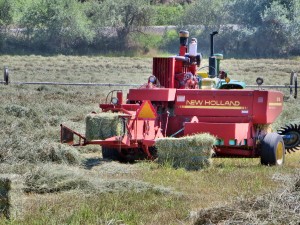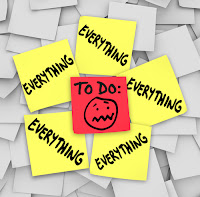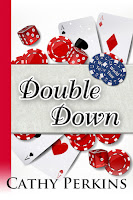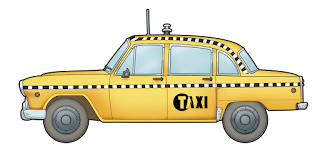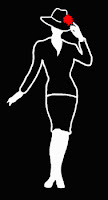Top Ten Writing Tips
Top Ten Writing Tips
January! How are you coming with your New Year’s Resolutions?
organization I always implemented in my day job to my writing life. Since my
writing space and habits were a bit (cough, a lot) disorganized, I got together
with some author friends. What quickly evolved was a set of writing tips. Many
of these I’ve done without conscious thought. I’m attempting to be more mindful,
however, and plan to use this structure as additional motivation to, as one
friend puts it, finish the damn book.
So, without further fanfare – the writing
tips:
want to accomplish that day. (I’m not sure what it says about me that I love
drawing a line through an item when it’s done.)
The first line (every day but Sunday) is always, Write. Long-term-goals are listed
on my white board: things I want to be sure I don’t forget, but I don’t have to
do today. Nine – Sprint. A group of us grabs our first, or next,
cup of coffee and checks in, then we all ignore each other, turn off the
internet and the phone, and work steadily for an hour. It’s a writing club, a
mutual support group, and a fabulous technique for working without
interruption. I write until I meet my word count goal for the day. (Thank
Steven King for this one.) Eight – Work on one series at a
time. I try my best to immerse myself
in one setting, one set of characters, one story, whether I’m working on a
first draft or revising a draft. Avoiding the “new shiny” keeps me
focused. Seven – Finish what’s due
first. Except #8 blows up sometimes.
I’ll be in first draft mode on Pony Ring and edits will come in from Beaver
Pond. I operate on the First Due principle. I knock out the edits, because they’re
due in a week or two, then get back to the longer work. The problem with doing
that, of course, is getting back up to speed with the work-in-process, so I can
re-immerse myself in that world. Six – Take time away from the
desk. By the end of a writing session,
my creative brain is mush. I usually go for what I call my plotting walk,
especially if I’m writing a first draft. There’s something about the rhythm of
walking that brings the next scene or a plot problem into focus. It makes the dogs
happy to get out of the house, too.
Five – Separate creative time
from admin time. I’m
most creative in the early morning, so I do my writing then. A corollary is,
Keep creative time sacred. I don’t schedule anything else for mornings. I try
to keep writing blog posts, scheduling author events, record-keeping, and all
the other business stuff for the evenings. Four – Work ahead. Know what you want to accomplish – I’ve written
my goals for the year and set up a time table to implement them. That means I
work now on upcoming items instead of
waiting and scrambling at the last minute. Three – Outsource what I can’t
do. While I tinker with art and
photo-editing, I know my limits with graphic design. I hire a wonderful cover
artist. I like formatting my books, but it’s something I can do in the evening
while my husband watches TV. The key point is identifying what I’m good at and
enjoy, versus what I can outsource. Why waste time on things it would take me
forever to do and rob me of the hours I need to do what I’m good at – writing
stories? Two – Stay healthy. I always have a full flask of water on my desk.
Fluids in, fluids out. It makes me get up and move around every hour or so. And
if I forget, my Fitbit buzzes at me with a reminder. I try to eat lean fresh
foods, and I get regular exercise even if it isn’t always a sweaty gym workout.
And the exercise doubles as creative time – see #6! One – Butt in the chair, fingers
on the keyboard. This is
really the most important one. If I get distracted, schedule other things, or
simply don’t do the writing, then…I’m not doing the writing. And that’s my
job. Of all the varied jobs I’ve held, I’m lucky and blessed to have this one I
love.
What tips
can you add?
An award-winning author of financial mysteries, Cathy Perkins writes twisting dark suspense and light amateur sleuth stories. When not writing, she battles with the beavers over the pond height or heads out on another travel adventure. She lives in Washington with her husband, children, several dogs and the resident deer herd. Visit her at http://cperkinswrites.com or on Facebook
Sign up for her new release announcement newsletter in either place.
She’s hard at work on sequel to The Body in the Beaver Pond, which was recently presented with the Claymore Award.




